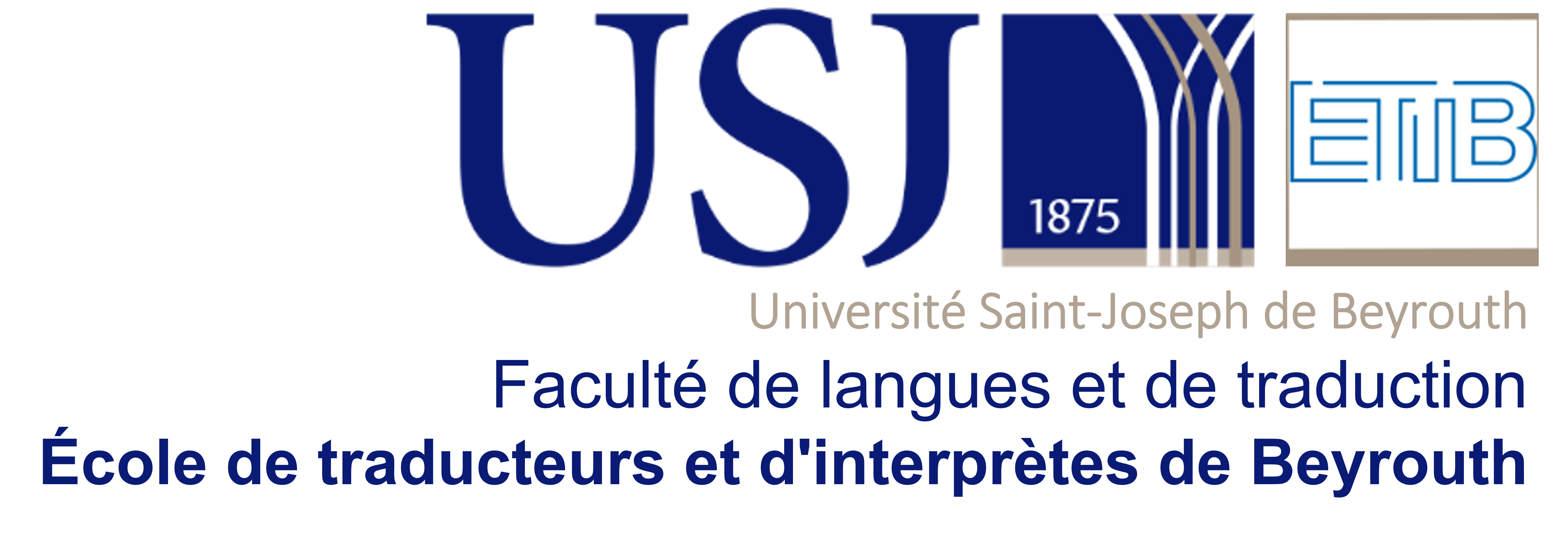Forget what you’ve learnt at school, forget what your professors told you in those long lectures during which you struggled not to fall asleep on your desk. It’s time to wake up, say more and type less.

Never in our lives did we think that 140 characters can motivate people, change mentalities and overthrow governments. Never in our lives did we think that a social media outlet like Twitter can change the way we write and actually teach us to summarize our thoughts and go straight to the point. But it has.
Twitter revolutionized our writing style to fit into that little box and taught us that more is not necessarily better. Many claim that today’s communication weakened words, reduced them to vowel-less words, turned our “love” into “luv” and our “classrms” into boring, old-fashioned learning sources. Grammar teachers look away because there’s no denying that sacrificing a couple of vowels led to revolutions unlike any in the history of the Arab world. These 140 characters allowed normal people like you and I to become the voice of youth and to work as reporters on the ground, they broke the psychological barrier of fear by helping many to connect and share information. It has given most people in the Arab world the knowledge that they are not alone.
At first, as a translator I couldn’t help but fringe at the sight of missing words and incomplete sentences, but with time I’ve seen the light. The wheel of time will keep turning no matter how much we try to hold on to what our grammar teachers taught us, the time has come to let go.
Embrace those 140 characters, learn to adjust, say more and type less!




Joli article Rim ! Twitter a décidemment révolutionné notre style d’écriture. C’est vrai que 140 caractères suffisent pour tweeter, mais il existe des outils pour dépasser cette limite comme la page web : http://www.twitlonger.com/ où il est permis d’écrire un texte de n’importe quelle longueur et de le publier sur Twitter.
While these social platforms claim to give people the power to communicate. In a technologically advanced and open world, we can’t help but think will it forever increase our social connectivity?